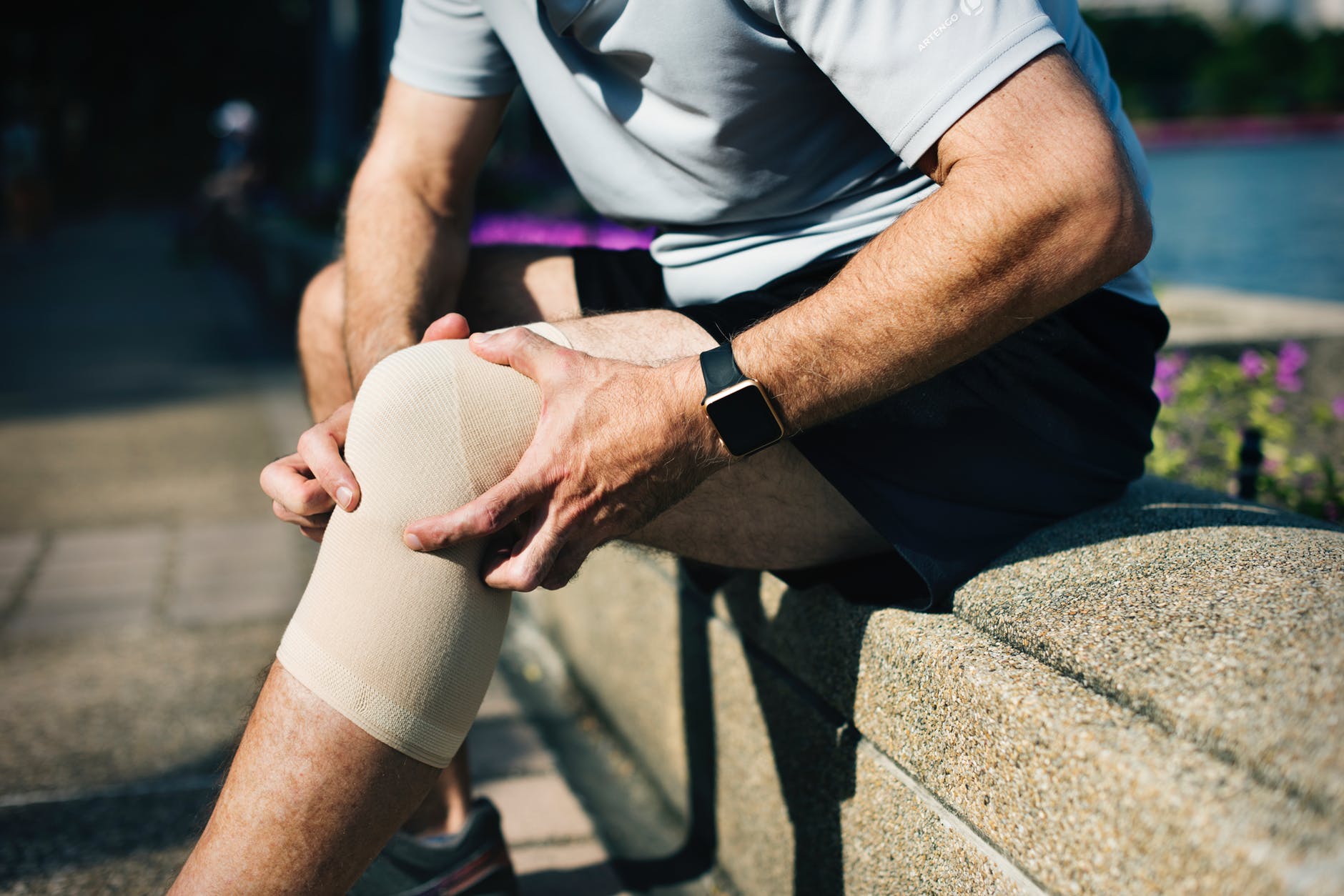Getting injured is one of the worst things that can happen to a sportsperson. It is especially hard when the injury was not your fault. Maybe you tripped on an uneven path or were using faulty exercise equipment. In cases like this, you might be able to use an attorney, like this Pasadena TX injury attorney, to receive some compensation to help pay for medical expenses. However, no amount of money can make up for being hurt. The recovery process can be a long and slow one, the mental aspect of not being able to partake in physical activity can be tough to overcome and being put on the shelf while your friends and teammatesare still out there performing can feel completely unfair. Why has it happened to you?
In order to try and help you cope with all that while at the same time getting yourself back to full fitness, we’ve put together these 5 tips to cope with being injured.
Learn about your injury
The more you know about the cause, treatment, andprevention of your injury the better position you’ll be in to overcome it. Knowledge of what the problem is, how long you’ll be out for and what the purpose of the treatments you are undergoing will reduce any fears or anxiety you might be experiencing about the injury. It will also give you a greater sense of control over your comeback.
Have a positive attitude
Positivitythat you can beat the problem will help you overcome the injury quicker. Listen to the advice you get from your doctor or your physio and always go into sessions thinking that you can beat the problem. Remain focused on what you need to do rather than what you are missing out on, andyou’ll find yourself back to full fitness in no time at all.
Maintain your fitness
Just because you are injured, it doesn’t mean youhave to sit out completely. Find an alternative method of exercising that won’t exacerbate the injury but will allow you to maintain your fitness levels. You might not be able to run like Usain Bolt, but that doesn’t mean you can’t swim like Michael Phelps. Painkillerscan help you manage the injury and allow you to still exercise while it heals, although you should only ever take them when prescribed by a professional and in the recommended dosages – otherwise,you could find yourself becoming reliant on them and having to make a plan to overcome painkilleraddiction at a later date.
Get support
One of the most common responses to picking up an injury is to isolate yourself from teammates and friends. You don’t want to be around the gym or the locker room because it is a reminder of what you are missing out on – but actually remaining involved can help speed up the process. Your teammates or coach can listen to you when you need to vent and offer invaluable advice and encouragement during the recovery process. Depending on how serious it is, you may need support with your actual injury as well. Most people who fall victim to an injury find physical therapy providers in Tulsa or somewhere closer to home to ensure a speedy and, most importantly, full recovery.
Also, if you end up sustaining substantial damage due to negligence by your coach or the gym, then you may need support from elsewhere. Make sure you work with a lawyer to get the legal support you deserve. An example of legal aid could be the Keating Firm (https://www.keatingfirmlaw.com/personal-injury-attorney-columbus), they specialize in personal injury but make sure you get a local lawyer that understands state law. That can have a huge effect on claims.
Set goals
Just because you are injured, it doesn’t mean you can no longer have something to aim at. The dream of beating Carmelo Anthony’s record points tally for Team USA Basketballmight be out the window, but that target can be replaced with an even more important one – returning to fitness. Rather than viewing the injury as a crisis, make it another training challenge to come back from it. Having goals along the recovery process will also allow you to monitor how the comeback is going and give you a sense of achievement and positivity whenever you hit a new target.



